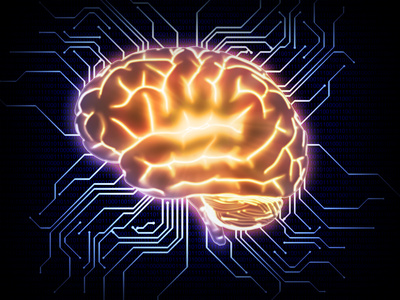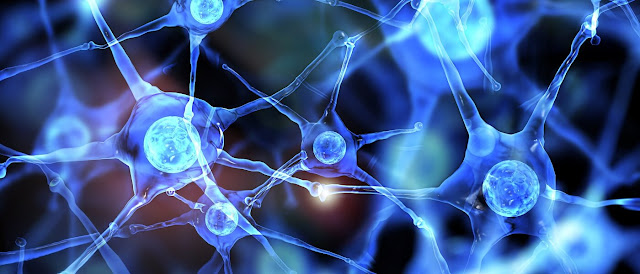Signs of Brain Stroke Which Should Not Be Ignored
Across the globe, one of the leading causes of death happened to be strokes. Less severe cases can also lead to lifelong disability. It is thus essential to heed the signs of stroke at an early stage to minimise the consequences at the very onset.
People aged 55 years or above are at higher risk of stroke. During a stroke, getting treatment as soon as possible should be the top priority as more time as the brain keeps getting harmed due to lack of oxygen.
How Does Stroke Take Place?
Strokes take place when the blood vessels responsible for sending oxygen to the brain is either blocked or bursts open. Thus, the affected region of the brain stops working and the parts of the body controlled by that section of the brain.
Blood vessels can be blocked for a short period and usually happen before a major stroke is about to take place. As such, knowing the brain stroke symptoms can help in getting the treatment quickly.
Signs of Early Stroke
• Drooping Face: One side of the person’s face becomes numb or droops. When asked to smile, the face appears uneven
• Weakness in the Arms: Either of the two arms feels numb or weak. Thus, when asked to raise both the arms, one will move downward
• Speech Issues: People who are about to have a stroke will have a slurred speech and find it increasingly difficult to speak even the simplest of sentences
• Time Presses: If any person displays any of the above-mentioned symptoms, then she/he should be taken to a hospital immediately
One of the best ways of remembering these symptoms is by remembering the acronym F.A.S.T which stands for Face drooping, Arm weakness, Speech difficulty, and Time to call.
Some of the other signs of stroke include -
• Trouble in walking due to loss of balance
• Severe headache with no apparent cause
• Difficulty in seeing with either or both eyes
• Numbness or weakness in the arm, face, or leg
• Experiencing trouble or confusion in understanding


Comments
Post a Comment